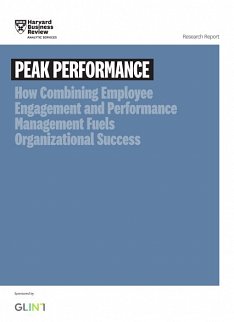Blog Post
Software-defined everything is a hot topic these days -- first and foremost because the pace of change in business is accelerating, and this is changing expectations for how IT operates. I've been hosting a lot of CIO roundtables and dinners on this topic, and I hear a growing consensus that if IT organizations don't figure out how to compete with nimble cloud providers to provide IT services on-demand, they will be outsourced. "IT has to virtualize and automate or die," one IT leader said.

While many CIOs see a "service broker" role in their future, a VP of IT from a global technology manufacturer actually predicts the dissolution of IT altogether. He believes that all of the functions that are part of IT today will be pushed out into engineering, or product development, and all that will remain in IT is governance. A year ago, that statement would have been immediately shot down. Not today -- though some added a few other pieces that would remain part of IT: architecture, project management and the like. What's clear is that the future of IT will be quite different from what it is today, and CIOs who are proactive will have a hand in shaping that.
All of this inevitably raises concerns about the fortunes of CIOs' teams. To help IT professionals be successful today and tomorrow, CIOs stress the importance of transparency. Have lots of conversations with your team about what's happening (e.g., data centers are disappearing!) and provide training for new skills and mindsets. In particular, IT staff need to be change-ready and able to transition to new roles within IT today. They also should be prepared to move into other parts of the business -- or to IT service providers -- in the future.
The timeline on all this gives CIOs time to prepare -- for their teams, their businesses and their own futures. The need to operate as a service is broker is on us now. That fully integrated future, with IT really absorbed into the lines and functions of the business, is at least 10 years away.
What do you see as the future of IT in a world where everything is software-defined?




